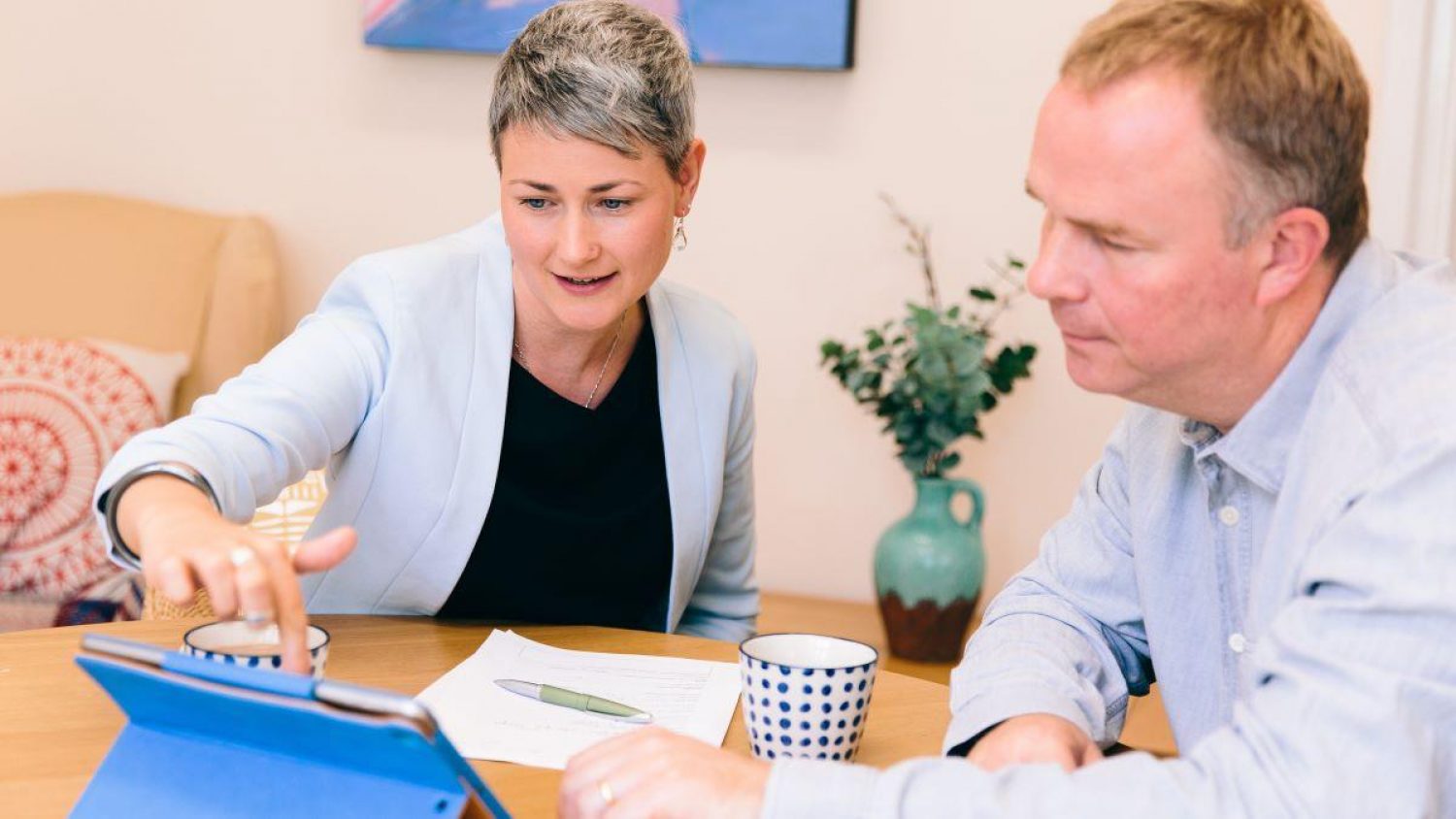Three minute read
When someone dies unexpectedly — or if you haven’t been in recent contact with them — you may not know, or have talked about, their funeral wishes. This uncertainty can add worry to your grief — Am I doing the right thing? Am I doing what they would have wanted?
If this is your experience, you are not alone. Research shows that less than half of us have talked with someone else about what we would like to happen at our own funeral.
This blog gives some pointers to help you if you are trying to plan a funeral without knowing the exact wishes of the person who has died.
Take your time
The only thing you need to do quickly after someone dies is to register their death. You must do this within five days. All other decisions can wait. Take your time to absorb the shock of what has happened. You shouldn’t feel rushed to act before you are ready.
Be kind to yourself
You are likely to be feeling strong emotions already – including grief, loss, guilt, frustration, sadness or anger. On top of all that, you might blame yourself for not knowing what the person would have wanted for their funeral. You might wish you had asked more questions or regret not broaching a difficult conversation while they were still alive.
However, remember, these conversations are hard to start and it's very normal not to manage to have them. Some people find talking about their feelings easier than others. This has nothing to do with the quality of the relationship that you had with the person who died.
Talk to other family members or friends
Someone may have taken out a funeral plan, expressed their wishes or made practical arrangements, and only told one other person, or told no one at all.
Relationships are complicated, so it might not always be possible, but talking to others can help you find out more. They may know something you don’t.
Sharing worries and tasks can also help lift the load of full responsibility for the funeral from one person’s shoulders. It’s okay to acknowledge that you’re not sure what the right thing to do is and to ask someone else for their insights.
Think about the person’s character and preferences
You probably have a good idea of what mattered to the person who has died, even if you never talked explicitly about funeral wishes.
Maybe they loved rock music, spent all their free time in the garden, had a strong religious faith, always wore pink, thrived on being the centre of attention, or didn’t like a lot of fuss. All of these things give clues as to what kind of funeral might feel right for them and what might best express their unique personality.
Were they someone who was eco-conscious or interested in making environmentally-friendly choices? Knowing this can help guide many of the decisions you’ll need to make.
Get what you need from the funeral
The funeral is for you — for the family members, friends and the wider circle of the person who has died. If you don’t know what the person would have wanted, or if there is disagreement, try to focus on what you need.
What would be healing and helpful for the people left behind? What kind of funeral would help you all to express your emotions?
There may also be practical and financial constraints to consider. Making choices sometimes means making compromises to meet different people’s needs. That’s okay too. Even when someone’s wishes are clear, it’s not always possible for family or friends to follow them to the letter.
Ask your funeral director
We have lots of experience in planning personalised, meaningful funerals, and are always happy to share our ideas and advice.
If you’re not sure if something’s possible, please ask, as we can usually find a way!
We also have a blog, with stories, ideas, images and information, for you to browse through in your own time, and to see what strikes a chord with you. We hope this helps you find what you need.
To stay in touch with all the latest news and updates from Poppy's by email, sign up here, view our catalogue here or contact us if you need help planning a funeral.
